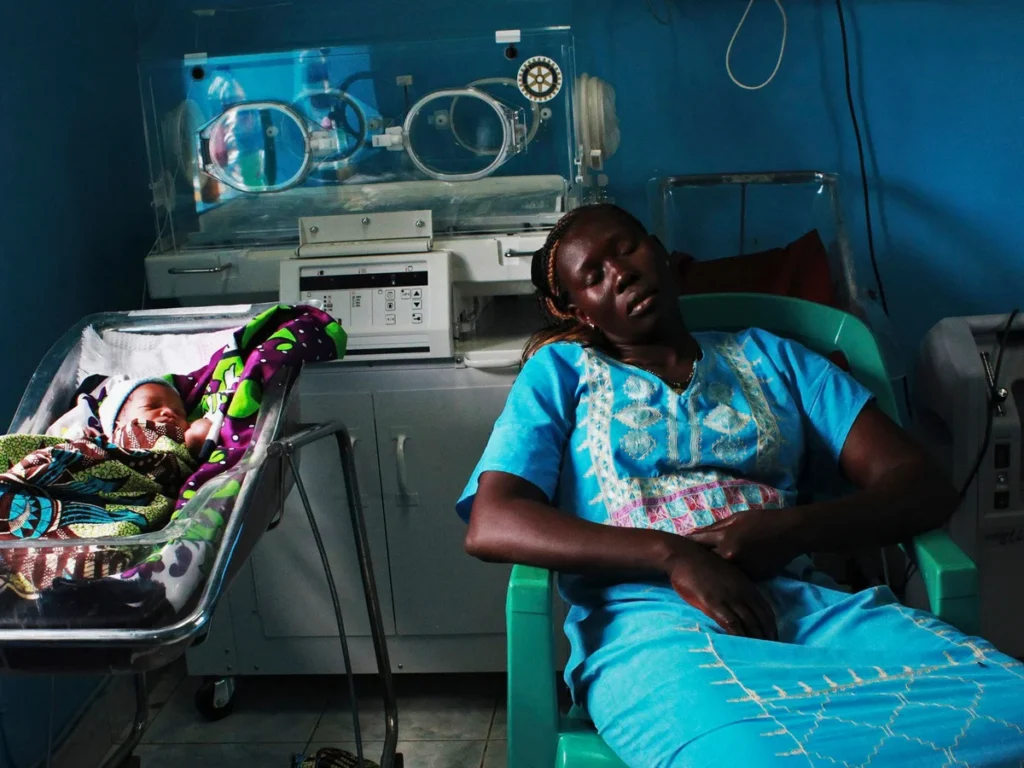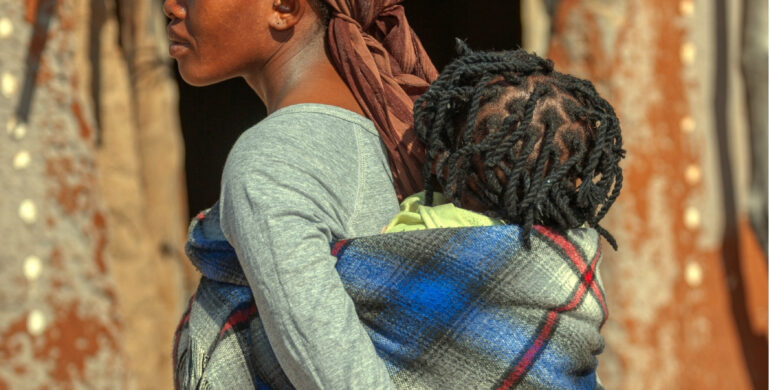Early this year, a mini documentary by a popular health influencer “Aproko Doctor” went viral. This documentary showed the unhealthy state of a primary health care center in one of the local governments in Nigeria. This documentary depicts the neglect the government has in providing each Local Government Areas the facilities and materials needed to make its citizens live well, in good health and total wellbeing.

Access to reproductive health services, particularly maternal health care, is essential for safeguarding the lives of women and children, and for advancing national development in Nigeria. Despite the progress made in recent years, Nigeria still has one of the highest maternal mortality rates in the world. According to the World Health Organization, about 20% of all global maternal deaths occur in Nigeria. This alarming figure reflects a broader crisis in access to quality, affordable, and timely maternal health services across the country.
Maternal health care includes antenatal care, skilled birth attendance, emergency obstetric care, and postnatal services. These services are critical to preventing complications and deaths during pregnancy and childbirth. Yet, in many parts of Nigeria, especially in rural and underserved communities, women face multiple barriers that prevent them from accessing this life-saving care.
In many rural areas, health facilities are located far from where people live, often requiring long journeys on poor roads or unsafe transport. For pregnant women, especially in emergencies, this delay can be fatal. Even when they reach a facility, they may find it under-equipped, understaffed, or lacking basic supplies. A 2022 study published in BMC Health Services Research documented how weak infrastructure, especially in northern states like Borno, Zamfara, and Niger, contributes directly to poor maternal outcomes.

Another significant barrier is the influence of cultural and religious beliefs. In some communities, childbirth is still largely viewed as a private or spiritual matter best handled at home or by traditional birth attendants. Male partners or family elders often make health-related decisions for pregnant women, and this can delay or prevent access to skilled care. The stigma surrounding facility-based births or modern maternal interventions can discourage women from seeking help even when complications arise.
Cost is another pressing issue. While some maternal services are supposed to be free under various government initiatives, women still face hidden expenses—such as purchasing medications, transport to clinics, and informal payments. These financial burdens disproportionately affect low-income families, often forcing them to rely on unsafe alternatives. Moreover, frequent stock-outs of essential supplies such as oxytocin, magnesium sulfate, and sterile delivery kits put even those who reach the hospital at further risk.
A lack of awareness and health education also hinders maternal care. Many women, especially in rural or low-literacy areas, are unaware of the importance of antenatal visits or danger signs in pregnancy. Without access to clear, culturally appropriate health information, they may delay care or rely on misinformation passed through informal networks.
Despite these challenges, there are proven solutions that, if implemented effectively, could greatly improve maternal health outcomes in Nigeria. Community health workers have shown great promise in bridging the gap between facilities and local populations. The government’s CHIPS (Community Health Influencers, Promoters, and Services) program is an example of how trained community members can educate women, encourage antenatal visits, support birth preparedness, and make timely referrals.
Mobile clinics and outreach campaigns also help deliver care to hard-to-reach areas, reducing travel time and increasing early detection of pregnancy complications. Partnering with traditional and religious leaders to promote maternal health can break cultural resistance and build community trust in health systems. In addition, integrating maternal services into primary health care and expanding the training of midwives and nurses can ensure more women receive skilled attention before, during, and after childbirth.
There is also a need to prioritize the education of girls and empowerment of women. Educated women are more likely to seek care, understand health messages, and make informed decisions about their pregnancies. Investment in girl-child education indirectly strengthens maternal health across generations.
Finally, sustainable financing is key. Nigeria must increase its domestic investment in maternal health to reduce reliance on donor funding. Implementation of the National Health Insurance Authority (NHIA) Act, with expanded coverage for pregnant women and newborns, could help remove cost barriers and make maternal care truly accessible to all.

Improving maternal health in Nigeria is a moral, social, and economic necessity. It requires the political will to fund and implement effective policies, the training and support of frontline health workers, and the active involvement of communities in promoting care-seeking behaviors. Every Nigerian woman deserves the right to give birth safely. We can work together by lending our voices to speak against poor health care facilities across the nation, safeguarding maternal health care rights, making sure that every woman who goes into the labor room comes out alive with the assurance that both she and her baby will survive and thrive.


